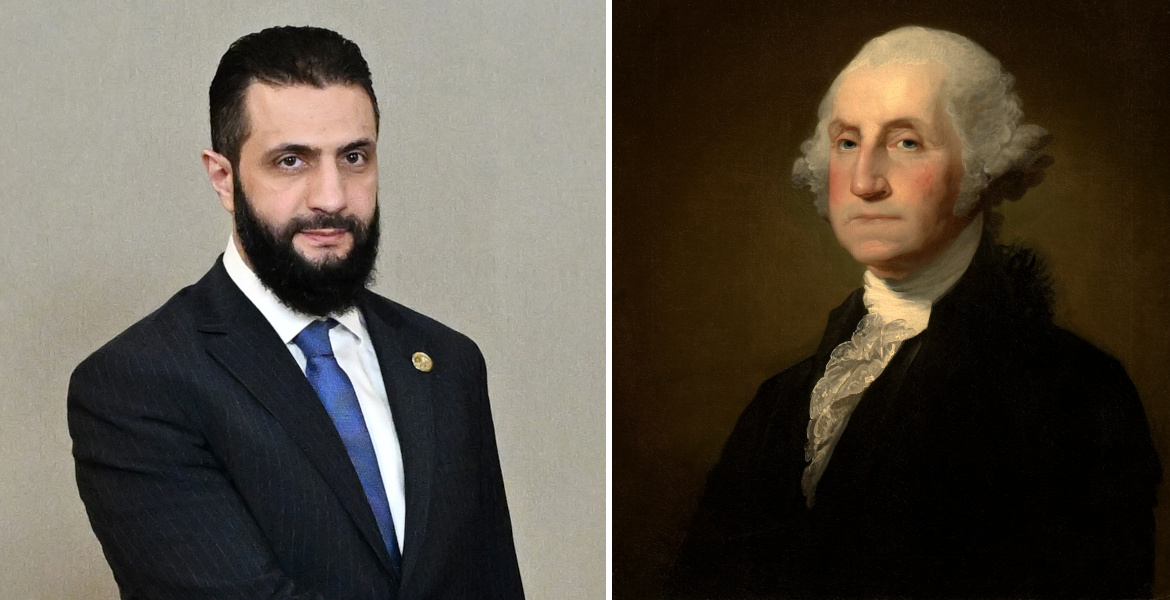In what has been described as a landmark statement, Argentina’s Foreign Minister Diana Mondino has confirmed the country’s position on allowing the use of bitcoin for contractual agreements.
The Minister’s announcement is in line with the government’s ambition to accept and formalize contracts denominated in Bitcoin, which is seen as a defining moment for the legal recognition of BTC within Argentina.
“… and also any other crypto and/or species such as kilos of steer or liters of milk. Art 766. – Obligation of the debtor. The debtor must deliver the corresponding amount of the designated currency, whether the currency is legal tender in the Republic or not”, Mondino continued.
This announcement comes a month after President Javier Milei, who has previously made very positive comments about bitcoin, won Argentina’s presidential election.
Milei has previously said that “the central bank is a scam, a mechanism by which politicians cheat the good people with inflationary tax”, and that bitcoin “represents the return of money to its original creator, the private sector” and that “it prevents politicians from robbing you through inflation”.
The announcement signifies a significant leap towards #Bitcoin adoption within the South American nation.@nikcantmine with more:https://t.co/agdp5nUMUU
— Bitcoin Magazine (@BitcoinMagazine) December 21, 2023
Others may follow
The minister’s statement underscores Argentina’s efforts to harness the potential of bitcoin to stimulate economic growth and innovation. By accepting bitcoin as a valid form of contract, the government aims to foster an environment conducive to investment and business development in the country, reports Bitcoin Magazine.
While the practical details of implementation are still unclear, Mondino’s statement is seen as a crucial step forward in legitimizing bitcoin as a recognized means of executing formal contracts within Argentina. The action is also expected to act as a catalyst, encouraging other nations to consider similar initiatives to integrate bitcoin into their economies and legal frameworks.









